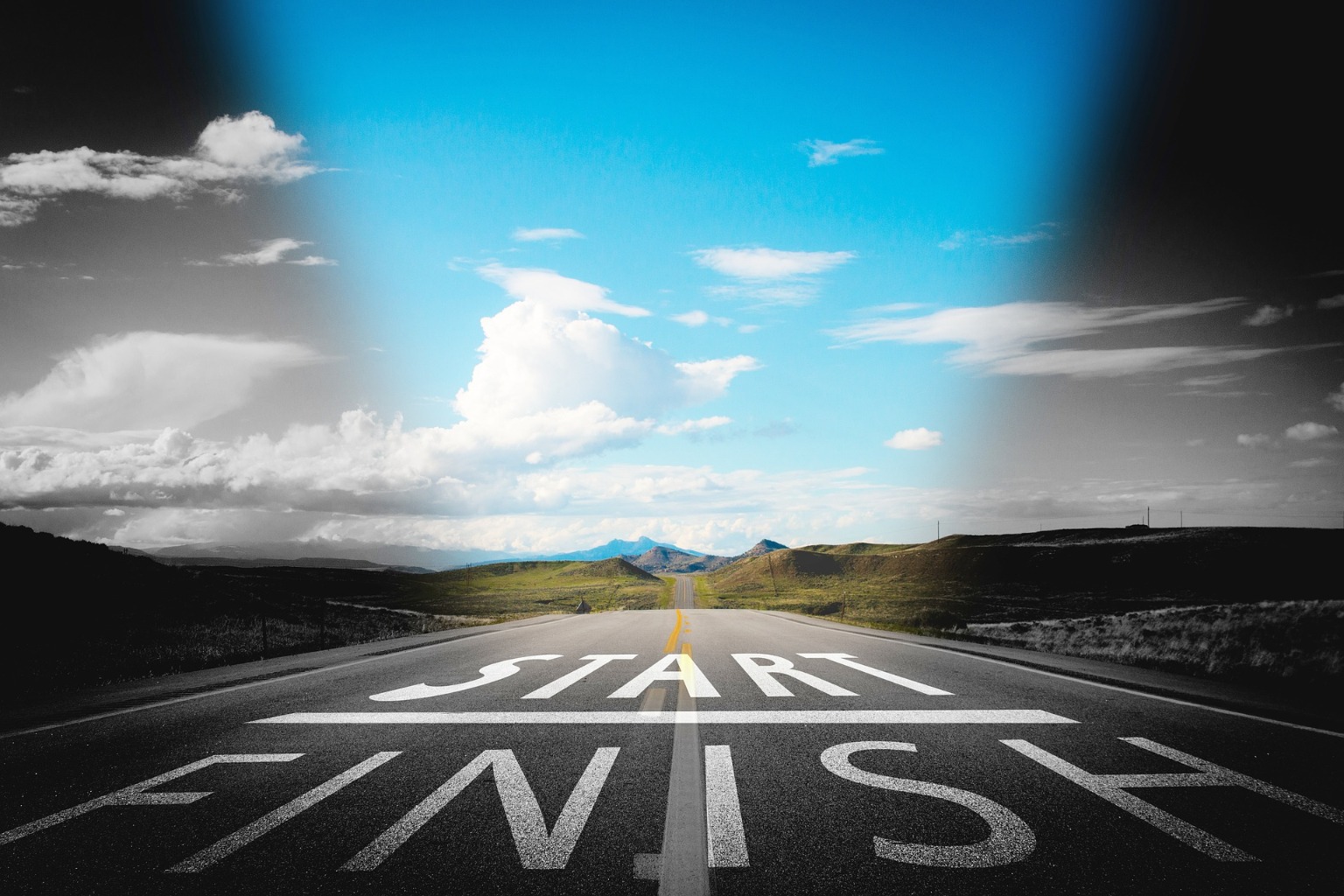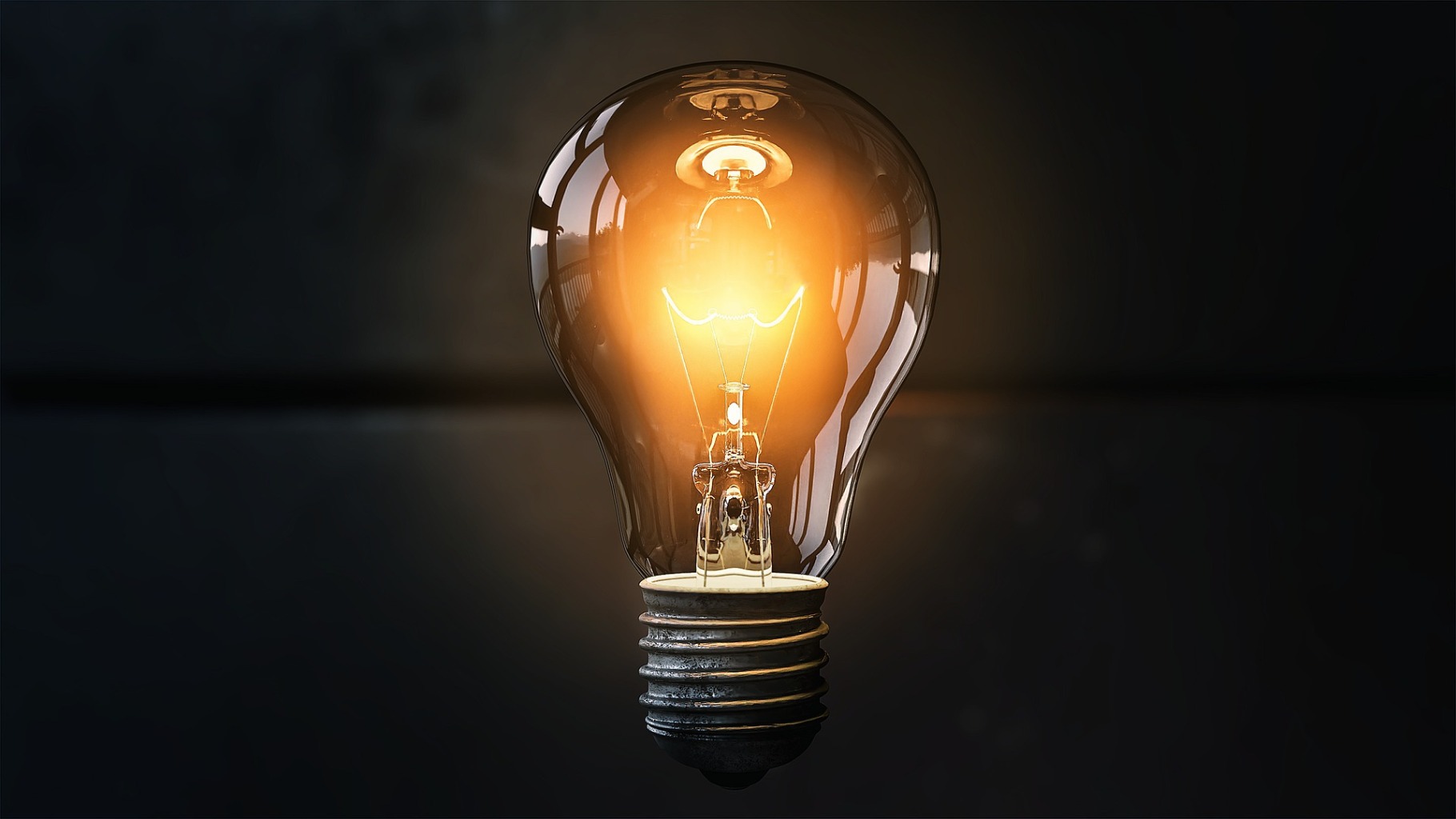
While writing is such a creatively satisfying endeavor, it can also be a real slog. As you inch your way forward, the end of your book or article somehow feels further and further away. Part of this problem comes from the fact that you haven’t been writing very quickly. If you’re only able to crank out a few paragraphs per writing session, it really will take years to reach the finish line of your draft. And then you’ll still have several rounds of revision to go through.
As someone who has made my living as both a novelist and a freelance writer, I have had to learn to write fast. I’ve turned out articles in a matter of hours and ghostwritten novellas in just a few weeks. I’ve taken these skills and applied them to my own fiction writing and completed the rough drafts of my two most recent novels in less than six months.
Here are some tips and tricks I’ve learned that will have you speeding through your freelance articles and novel drafts in no time.

1) Give Your Creativity Time to Warm Up
I know it might seem counter-intuitive when you’re trying to write quickly, but a practice I find very useful is not starting right away. When I’m about to write, whether it’s an article or work on one of my novels, I take my time getting started. I pour a glass of cold brew coffee, get a yogurt, and put on a favorite show or podcast to enjoy while I eat. Whether it’s a podcast or a show, it’s usually something light like Conan O’Brien Needs a Friend or Community.
Don’t get me wrong—this is not something I spend much time doing. This little practice usually only takes ten to fifteen minutes. But something about getting the coffee and yogurt ready and taking a little time to relax sets my mind at ease and gets it ready for the creativity I’ll need later on.
You may feel like you’re procrastinating by doing something like this, but it can make a world of difference once you do sit down to write. Instead of being stressed out about the work ahead of you, you’ll feel calm and at ease. And without you even knowing it, enjoying a podcast or show (especially something you can learn storytelling techniques from, like the TV shows in these blog posts) will help to get those creative gears turning.

2) Set the Mood
Once you’re nice and relaxed (a quick meditation can be helpful in this area as well), it’s time to set the mood. Get another coffee or tea if you need one, and make sure your seat and computer are set up ergonomically for comfort so your back and neck won’t get sore. This post will help you with setting up your environment so it’s conducive to creativity.
One of the biggest parts of setting the mood for me is putting on a writing playlist. If you’re a regular reader, you’ll know that I am a big fan of writing playlists. If you haven’t made one before, just start by working on an overarching playlist of songs that you feel suit your story. Then you can move into playlists for all your major characters and certain scenes or locales. Even if you’re not musically inclined, I highly recommend giving creating a writing playlist a try. You may be surprised by the difference it makes both in your concentration and writing speed. You can use this post to get started creating a writing playlist.
Music isn’t just good for fiction writing either. I have two playlists—one called “No Words” and one called “No Words (Chill)” that I listen to while doing my freelance work. While I love music with lyrics for fiction writing, I find words too distracting when I’m working on an article—especially if the article requires a lot of research or is very technical. So I listen to one of my instrumental playlists. The “Chill” one is for when I’m feeling a bit stressed, while the other has more upbeat songs to help get me going on a lazy day.

3) Keep Moving Forward
It can be very tempting as you write to look over what you’ve written and try to edit it. I think it’s a good idea when writing a novel or article to read over your previous chapters or what you’ve completed of your article so far as a way of sinking into your work. But once you’re actually writing, you have to just keep moving forward. Don’t overanalyze every little sentence as you write.
Ernest Hemingway once made the point that all first drafts are terrible, and it’s true. Sure, a writer might get lucky and deliver pure gold with a first draft, but that is extremely rare. Even writers like F. Scott Fitzgerald and Hunter S. Thompson relied heavily on their stellar editors to produce their greatest work. So there’s no point in trying to make your first draft perfect. You’ll waste so much precious time nitpicking at something you’ll probably end up cutting or changing later down the line anyway.
Something that helps me with my compulsive need to edit is looking down at the keyboard instead of at my screen as I write. This habit began because of poor typing skills on my part, but even as I’ve become a better typist, I still often look down to avoid reading what I write as I write it. It has helped my writing speed considerably. If you don’t want to kill your neck, you could try typing with a blindfold.

4) Practice Your Typing
Speaking of typing, that is a skill you can work on to become a better writer. One thing that will make you a better typist is simply typing a lot. Just like training as a runner, doing a ton of typing will instantly make you faster.
You can also take typing tests online. If you’re not happy with your score, you can take these tests over and over. Typing.com has several different types of typing tests and offers tips on how to increase your typing speed.
Just like with anything else, practice makes perfect. If you’re not feeling creative or like taking a typing test, you can open a document and start journaling in it. Write whatever you feel like every day in this document, and soon you will become a faster typist.

5) Have Fun
One of the best ways to start writing faster is to remember to enjoy yourself. Let yourself fall deep into your story and you’ll be surprised how quickly you are able to write. If you use the other tools in this blog post like taking some relaxing time beforehand and creating a writing playlist, it’ll make it easier for you to forget the stressful aspects of writing and just have fun.
I know writing can start to feel like a chore when you’re not in a good groove. But simply remembering how great it feels to sink deep into a story will help you get into that groove. You can also deeply enjoy research for an article and fall into freelance writing in much the same way.
I hope these tools will help you to write more quickly and reach that finish line faster. Remember not to get frustrated if it doesn’t happen right away. Go at your own pace and soon enough you will start writing like some kind of speed demon.
Follow us on Facebook | Instagram | Twitter | Discord